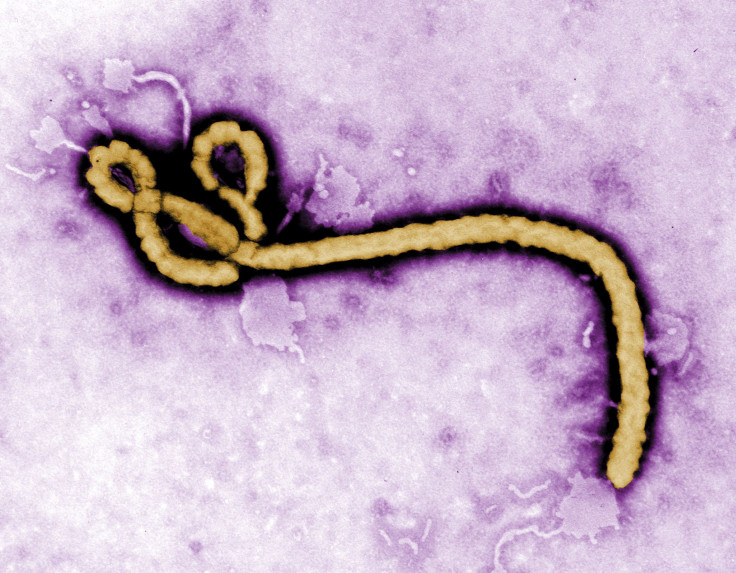Everything You Need To Know About Ebola Outbreak 2019

Ebola outbreaks have increased in both frequency and scale over the past few years. The World Health Organization (WHO) has now warned that these epidemics have started to become the "new normal", and has urged countries to focus on preparing for newer outbreaks.
The Democratic Republic of Congo is currently dealing with the second-largest Ebola outbreak. The number of cases reported in the region has doubled within a couple of months.
While it took over 200 days to report 1,000 cases of this deadly disease in DR Congo, the number quickly crossed 2,000 in just 71 days. The virus's rapid pace is a matter of concern for the health officials.
The WHO officials indicated that the situation could worsen in the upcoming months. “We may end up dealing with this outbreak for a long time,” Dr. Michael Ryan, executive director of WHO Health Emergencies Programme, said in a media briefing.
As of now, 2,025 Ebola cases have been reported in the region, according to a report by the Ministry of Health in Congo. Among the 1,931 confirmed cases, only 552 patients managed to fully discover.
The largest outbreak of this deadly epidemic was reported in West Africa during 2014-16. It affected 28,616 people in the country, mostly in the areas of Liberia, Guinea and Sierra Leone. In the outbreak, 11,310 deaths were also reported in the country.
Tackling this deadly virus is complicated. But, to a certain extent, public can play a vital role in stopping this epidemic from spreading rapidly.
Here are a few things to know about Ebola:
Cause: Five strains of Ebola virus have been identified – Bundibugyo virus, Sudan virus, Tai Forest virus, Zaire virus and Reston virus. The deadliest among them is the Zaire strain. This strain is involved in the outbreak in DR Congo.
Symptoms: This deadly virus initially causes sore throat, muscle pain, intense weakness and a sudden fever. Gradually, the patient suffers from diarrhea and vomiting, which is followed by internal and external bleeding.
Transmission: Fruit bats are believed to be the main host of the Ebola virus. A person can also get infected through direct contact with the broken skin, nose and mouth of someone suffering from the disease. Direct contact with bodily fluids, feces, vomit or blood can also spread this virus.
Impact: People suffering from Ebola die due to multiple organ failure or dehydration.
The Epidemic: The recent outbreak in DR Congo is much bigger than the previous years’ outbreak mainly because it has hit a busy market place, allowing the virus to spread rapidly. The first victim of this region is believed to be from a small town called Bikoro. This place is near the national border and very close to other local towns.
Distrust of healthcare workers has become a major hurdle in combating the outbreak. Several people in this area are not seeking treatment. As a result, the disease is rapidly spreading across towns and villages.
Prevention: Though several vaccines have been developed to fight against this deadly virus, only rVSV-ZEBOV vaccine is approved for use in humans. Other ways of prevention include avoiding direct contact with infected person or animals, using protective clothing and regularly practising hand and body hygiene.
Treatment: As of now, there is no specific treatment or licensed vaccine available for this deadly disease. But early supportive treatment can improve the chances of survival. The existing treatment for this illness include giving intravenous fluids or oral dehydration therapy.
Guide to travelers: People planning a trip to the affected region must consult a medical practitioner or travel medicine clinic at least a month or two before the journey. Last minute travelers can also seek medical advice even a day before the journey.
In order to minimize the risk of infection, travelers should avoid contact with any objects that can contaminated, including used needles. They should also avoid handling of infected wild animal dead or alive and they should make sure not to consume undercooked or raw meat.
The WHO even suggested travelers to practice regular hygiene, especially clean their hands with soap and water or a sanitizer. They should also avoid any kind of contact with infected person or dead body to reduce the risk of infection.
© Copyright IBTimes 2025. All rights reserved.





















